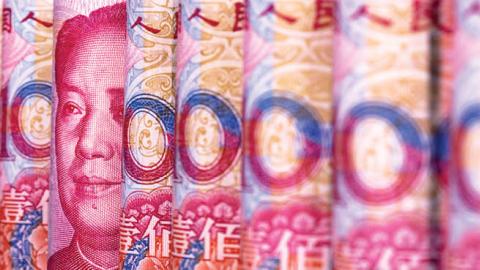This memo is adapted from Miles Yu’s testimony before the US-China Economic and Security Review Commission’s April 15, 2021, hearing, “An Assessment of the CCP’s Economic Ambitions, Plans, and Metrics of Success.”
The Chinese economy and the philosophical roots of China’s system have greater implications for the United States economy than many assume. The one critical fact to understand about the People’s Republic of China is that it is a communist dictatorship ruled by a Marxist-Leninist party. The Party is dedicated to maintaining and strengthening its monopoly on all powers in the world’s most populous country and to mounting the most serious challenge to the free world since the Cold War. This policy memo will examine the Chinese economy’s distinct traits, how it operates, and why it thrives under a monopolistic government that exploits and challenges the global free market system, along with possible policy recommendations for the United States and its allies.
Unlike most other communist countries, China has been afforded the benefits of a global free-market system and enjoys largely open access to international trade, capital markets, and advanced technologies. The paradox of a communist nation fully participating in a largely capitalist system has enriched and strengthened the Chinese Communist Party (CCP), to the point where Beijing poses a mortal threat to the United States and to the international free market economic system that has enabled the rise of the communist state. The West played a role in creating the current state of play. But too many conversations in the United States focus only on our own strategic thinking. In his historic speech at the Richard Nixon Library in July 2020, former Secretary of State Mike Pompeo aptly described the situation and how we got here: “Our policies—and those of other free nations—resurrected China’s failing economy, only to see Beijing bite the international hands that were feeding it.” As President Richard Nixon admitted in his later years, his initiative to open up China in 1972 might have created a Frankenstein.















